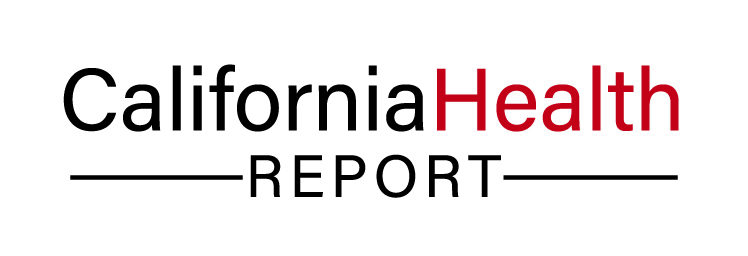
Legislation that would reverse major cuts to a program that provides free mammograms for low-income women passed unanimously through the Senate Thursday and was sent to an uncertain fate in the office of Gov. Arnold Schwarzenegger.
The Every Woman Counts Cancer Detection Program (EWC) provides mammograms and cervical exams to over 350,000 low-income women every year who are uninsured or underinsured.
But the program has been under pressure because most of its funding comes from state tobacco taxes, which have been declining as fewer people smoke.
In December 2009 the Schwarzenegger Administration raised the minimum eligibility age for the program from 40 years old to 50 and froze new admissions altogether. The freeze was supposed to last through July 1, the start of the new fiscal year, but has been extended because the state does not have a new budget.
Assemblywoman Noreen Evans, D-Santa Rosa and Assemblyman Pedro Nava, D-Santa Barbara are sponsoring AB 1640, which would make women 40-49 years old eligible again to receive mammograms again once the program is re-opened to new admissions.
An audit performed by the state auditors found that the EWC program, run by the California Department of Public Health (CDPH), was not reporting to the legislature annually as it is required to do and found the CDPH could not track how much money was being spent on specific activities within contracts and therefore could not determine the cost effectiveness of specific activities, like outreach or community education.
In addition to restoring eligibility for younger women, AB 1640 imposes tighter regulations on the EWC program, mandating that the Legislature and contractors with the program be notified of policy changes 90 days in advance and requiring CDPH to report to the Legislature annually.
State auditors found that the Department of Public Health could redirect funds away from non-clinical activities, including outreach, education and administration, to clinical activities in order to serve more women without spending more money.
The non-partisan Legislative Analysts Office (LAO) also found that close to $13 million could be saved if the program stopped paying doctors and clinics $50 per patient to track cases in which the woman tested negative for cancer.
Despite AB 1640 passing through the Senate and the Assembly unanimously, Evans and Nava may face likely opposition from Schwarzenegger and his administration, since they initially imposed the restrictions. The governor’s Department of Finance registered the only formal opposition to the bill in the Legislature.
NOTE: An earlier version of this story reported incorrectly that AB 1640 would re-open admission to the program. The bill would restore eligibility but that change would not take effect until a budget is passed and enrollment is opened again.





